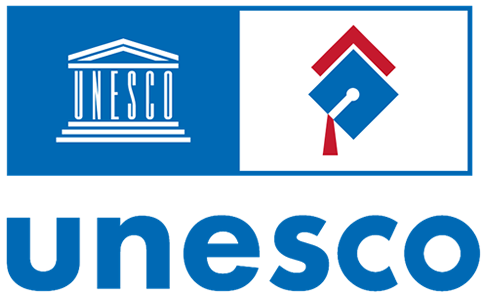The Distance education during SARS CoV2 pandemic: a challenge for health care educators
Abstract
This research analyzes the teaching processes and methodologies during the pandemic and the teaching-learning-evaluation spaces of distance education (EAD) in higher education in the health team. A structured, self-administered and anonymous survey was conducted online at the national level. Teachers that answered work more with undergraduate students, they teach and evaluate, with portable screens and cell phones, a third of them are shared and paid by teachers them-selves; more than a half did not use ICT before the pandemic, and they had very little adequate training. After the first wave of the pandemic, half responded to be trained in virtuality and pedagogy, recognized as strengths: "time and space" and as weaknesses: improvement and the "difficulty of face-to-face in massive numbers". Teachers are not convinced by the EAD for monitoring or approaching students, they consider that essential objectives have been met: working with greater intensity, more hours, overwhelmed and preferring face-to-face. It is clearer than ever that teaching work is irreplaceable and needs to be revalued. An unprecedented crisis has been managed. Education has mutated. The information collected in this research will promote decision-making to plan better strategies that facilitate the best use of technologies and virtuality that are obviously here to stay.
Copyright (c) 2021 Pascual Valdez, Susana Elsa Salomón, Alejandro Cragno, Hugo Fernán Milione, Darío Leff, Julio Guillermo Wacker, Marcelo Yorio, Alejandra Gaydou

This work is licensed under a Creative Commons Attribution-NonCommercial 4.0 International License.
Copyright notice
Copyright allows the protection of original material, and curbs the use of others' work without permission. UNESCO IESALC adheres to Creative Commons licenses in the open access publication of ESS. Specifically, texts published in this journal are subject to a Creative Commons Attribution-NonCommercial 4.0 International (CC BY-NC 4.0) license: ESS is an open access journal, which means that all content is freely available to the user or their institution. Users may read, download, copy, distribute, print, search or link to the full text of the articles, or use them for any other lawful purpose, without asking prior permission from the publisher or the author, always making sure to cite the author. Commercial use is not permitted. ESS requires authors to accept the Copyright Notice as part of the submission process. Authors retain all rights.
The full license can be found at https://creativecommons.org/licenses/by-nc/4.0/
 Attribution - NonCommercial (CC BY-NC 4.0)
Attribution - NonCommercial (CC BY-NC 4.0)
This journal does not charge authors for the submission or processing of articles. The authors of the contributions will receive acknowledgment of receipt that the work has reached the Editorial Team of the Journal.




.png)
